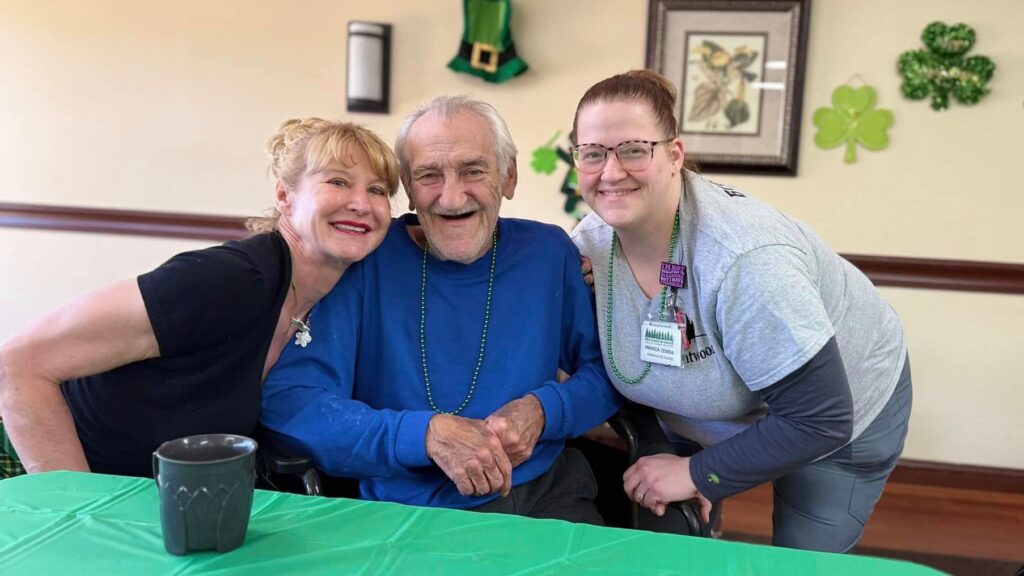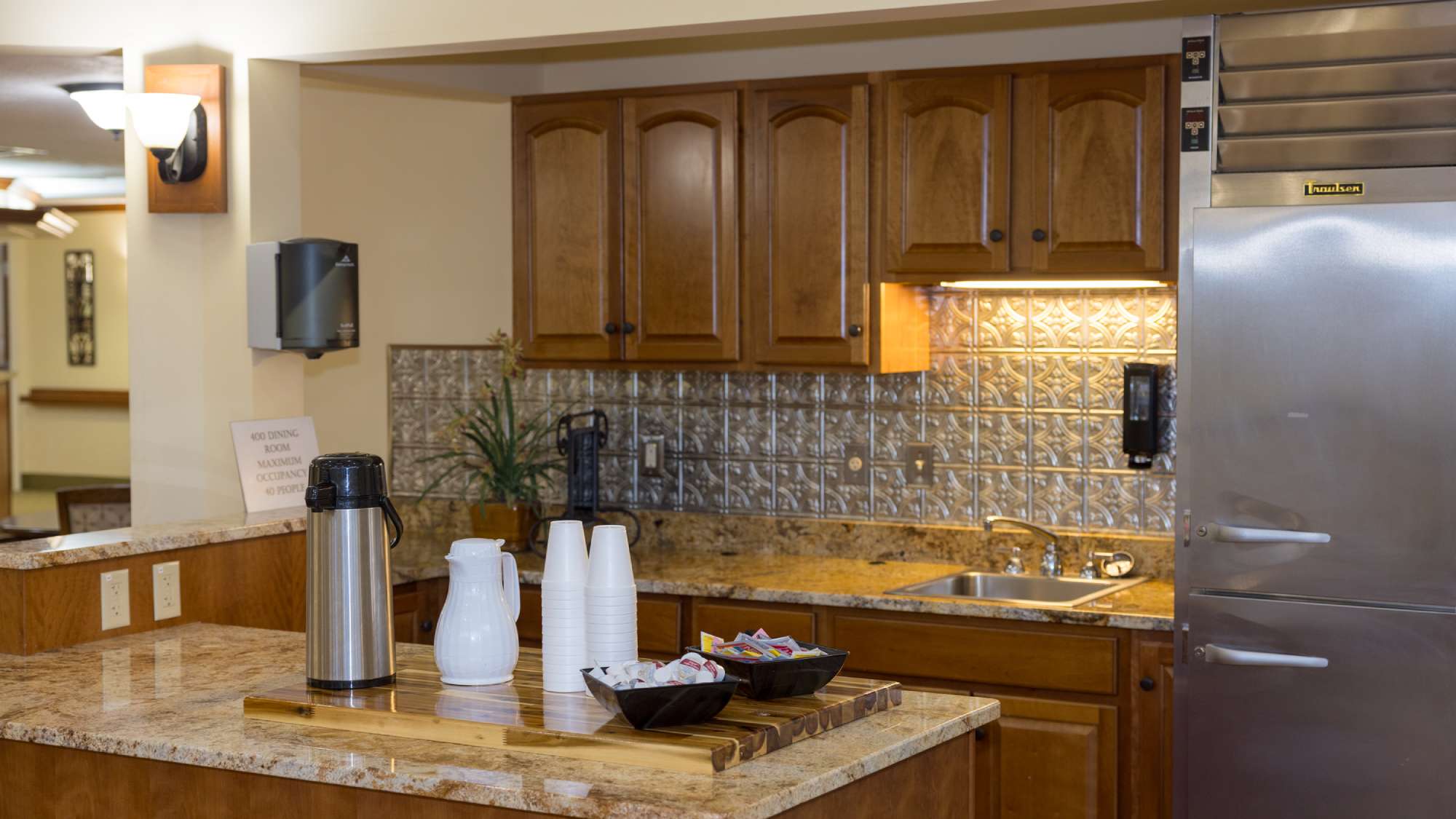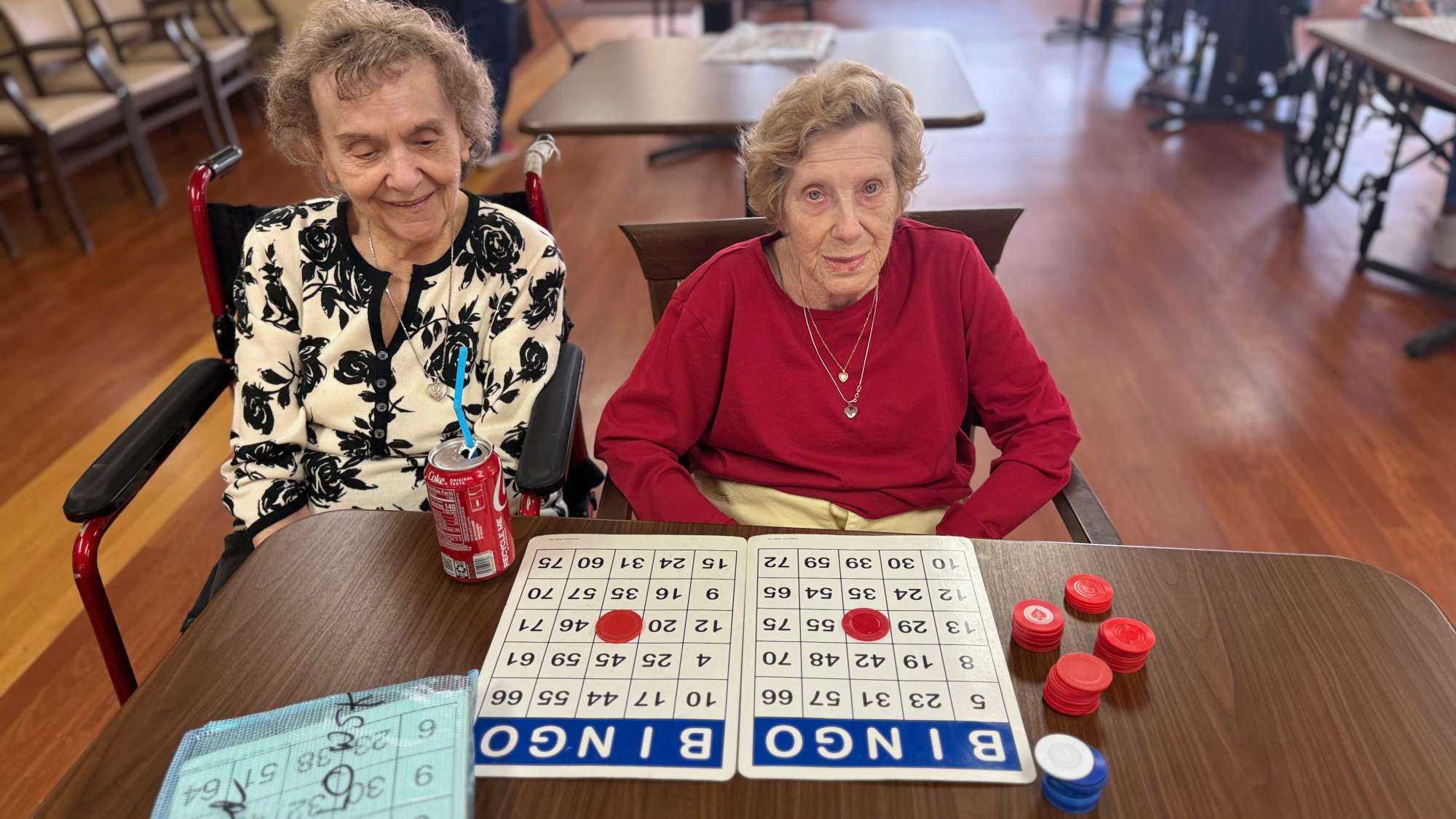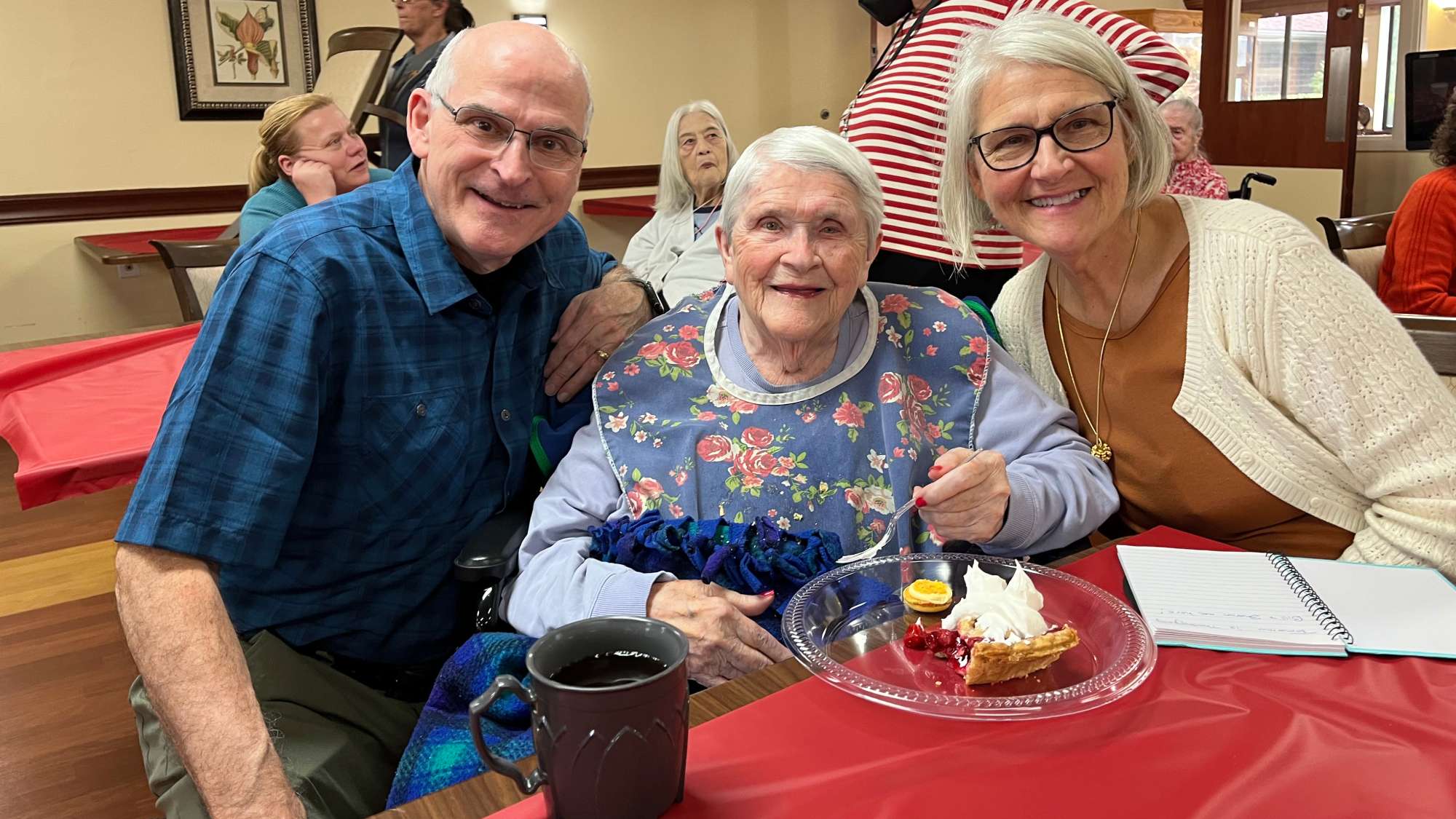
Caring for an aging loved one is a rewarding but demanding responsibility. While family caregivers provide essential emotional and physical support, the stress of caregiving can lead to burnout, exhaustion, and declining health. At Brentwood Healthcare Center, we recognize the challenges caregivers face and encourage self-care strategies to maintain balance and well-being.
1. Recognizing the Signs of Caregiver Burnout
Caregiver burnout happens gradually and can affect both mental and physical health. Common warning signs include:
- Chronic fatigue or exhaustion – Feeling physically and emotionally drained.
- Increased irritability or anxiety – Becoming easily frustrated or overwhelmed.
- Neglecting personal health – Skipping doctor’s appointments, poor nutrition, or lack of exercise.
- Social withdrawal – Losing interest in hobbies or avoiding social interactions.
- Feelings of guilt or resentment – Struggling with conflicting emotions about caregiving duties.
Ignoring these signs can lead to serious health complications, so it’s important to take proactive steps to prevent burnout.
2. Tips for Family Caregivers to Maintain Balance
Prioritize Self-Care
Taking care of yourself is essential to providing the best care for your loved one.
- Get enough sleep – Rest is critical for mental clarity and energy levels.
- Eat nutritious meals – Fuel your body with balanced foods to maintain strength and wellness.
- Stay physically active – Even short walks or stretching can help reduce stress.
Set Realistic Expectations
Caregivers often place unrealistic demands on themselves, leading to unnecessary stress.
- Accept that you can’t do everything and set manageable caregiving goals.
- Delegate tasks to other family members or seek outside help when needed.
- Allow yourself to let go of guilt—providing care does not mean sacrificing your well-being.
Take Breaks & Utilize Respite Care
Respite care offers temporary relief for caregivers, allowing time for rest and personal needs.
- Arrange for short-term care services at a senior care facility.
- Ask a trusted friend or family member to assist for a few hours each week.
- Utilize adult day care programs that provide social engagement for seniors.
Stay Connected & Seek Support
Isolation can increase stress and emotional strain, so maintaining personal relationships is crucial.
- Join a caregiver support group to connect with others facing similar challenges.
- Talk to a trusted friend, therapist, or counselor about your feelings.
- Engage in hobbies or social outings to prevent burnout.
Consider Professional Care Options
If caregiving becomes overwhelming, assisted living or skilled nursing care may be a practical solution.
- Discuss long-term care options with your loved one and family members.
- Explore senior care facilities that offer personalized support while giving caregivers peace of mind.
3. How Brentwood Healthcare Center Supports Family Caregivers
At Brentwood, we understand the demands of caregiving and provide services that support both seniors and their families:
- Respite care services for short-term relief.
- Assisted living and skilled nursing care tailored to individual needs.
- Support groups and family resources to help caregivers manage stress.
- Wellness programs to ensure seniors receive high-quality care in a nurturing environment.
Conclusion
Caring for a loved one is a meaningful but demanding role. By prioritizing self-care, seeking support, and exploring respite care options, family caregivers can maintain a healthy balance while ensuring their loved one receives the best possible care. At Brentwood Healthcare Center, we offer comprehensive senior care solutions to support both caregivers and residents.
Learn more about how we provide relief and support for family caregivers.



